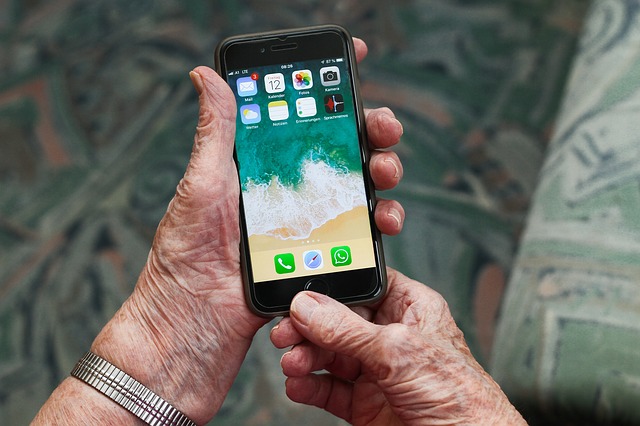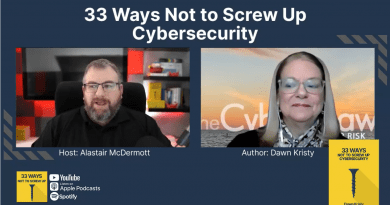OLLI at FIU – Where learning never retires!
The Osher Lifelong Learning Institute at Florida International University (OLLI at FIU) provides non-credit educational experiences and social engagement opportunities for those who are at least 50 years of age.
Their office is located on FIU’s Biscayne Bay campus in North Miami; however, they are currently offering all programming virtually.
OLLI at FIU is part of a prestigious network of more than 120 institutes on university and college campuses across the country thanks to the generous support from the Bernard Osher Foundation.
OLLI at FIU promotes personal health and well-being by delivering a variety of intellectually stimulating offerings and opportunities to meet other like-minded individuals. In addition to educational lectures, they have a book club, host virtual happy hours, and offer bi-monthly conversation circles.
Annual memberships include registration priority, discounted class fees compared to non-members, and access to all social activities.
I have had the good fortune of lecturing at OLLI at FIU this year, in May, and again today. What impresses me, is the level of interest and interaction of the participants in the virtual classes.
Cybersecurity subject matter is complex. By breaking it down and hashing out the action steps, we can see how our actions decrease the chances of helping hackers enter our network. We can stop the hackers by our actions.
A Few of Our Discussion Topics
Since human error can circumvent cybersecurity measures, we discussed the human factor involved in various scams, text messages, phone calls, and fake emails sent by imposters.
It is important to keep in mind that we can allow the hackers to steal our identity or data by our actions or we can stop them by our actions.
The top elder fraud (55+) scams in the IC3 Elder Fraud Report 2020 involved:
- Romance scams (online dating site members asking for money) with more than 6,800 elderly victims and over $281 million in losses.
- Non-delivery scams (too-good-to-be-true cures) with more than 14,000 elderly victims and over $40 million in losses.
Hackers will try to:
- Drain your bank and investment accounts.
- Open new credit cards, loans, or mortgages in your name.
- Open utility service in your name.
- Steal your tax refund.
- Access and change your medical records.
- Give the police your name and address when they are arrested – you now have a police record!
Cybersafety tips:
- Speed is your enemy here. Pause.
- Think before your click. Stop.
- Someone can help you. Ask.
- Google searches for the type of scam and scammers.
- Switch up the method (if email, call, if text, call).
- Update software and passwords regularly.
- Set up multi-factor authentication to double-check.
- Knowledge is power. Share it with your circle.
- Training is a great idea. Reach out.
If you have identity theft protection, such as IDShield, Norton LifeLock, or Allstate, they support you in your efforts to prevent identity theft and help you recover if you fall victim to it.
You have valuable assets that hackers find worth stealing:
- Your identity – hackers want it.
- Your data – hackers sell it.
Questions and Answers Session
As an indicator, after an hour-long presentation, the Q & A session ran for 35 minutes. I enjoy this level of engagement after a presentation because it illustrates how the topic resonates and is of value to the audience.
Questions included passwords (such as 123456 — still the most common password worldwide), the best-rated password managers (1Password, DashLane, NordPass, RoboForm), the security of Touch ID, and how to deactivate a Yahoo or Gmail account?
The World of Convenience
We agreed that the internet is a magical thing, creating convenience not experienced before its existence.
In closing, I emphasized that we need to take the time for basic safety precautions to ensure that cybercrime does not overshadow the benefits of the digital world:
- Don’t’ let hackers ruin the experience for you.
- Good habits matter in online safety just as safety precautions in your home (smoke alarms) or car (seatbelts).
All of us can be safe, secure, and thoughtful cyber citizens by sharing and applying our collective knowledge.
I am looking forward to my next presentation at OLLI at FIU because it is meaningful and fun. Thank you to the team at OLLI at FIU.
Featured image (top) by Rupert B from Pixabay




